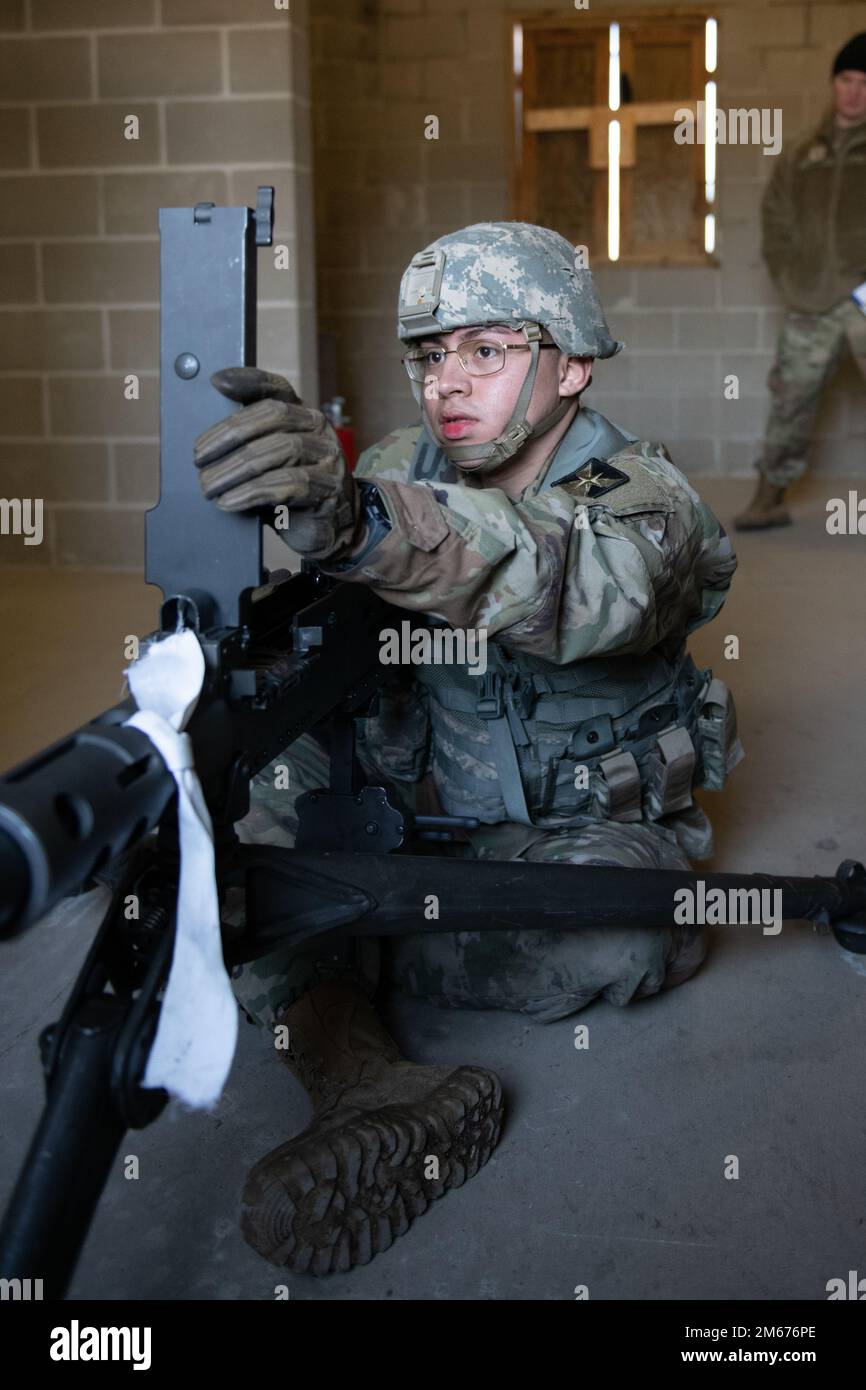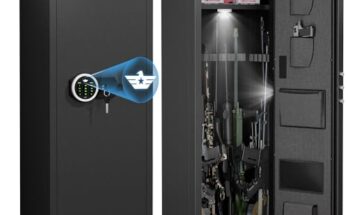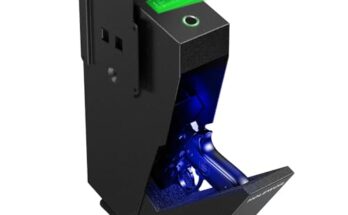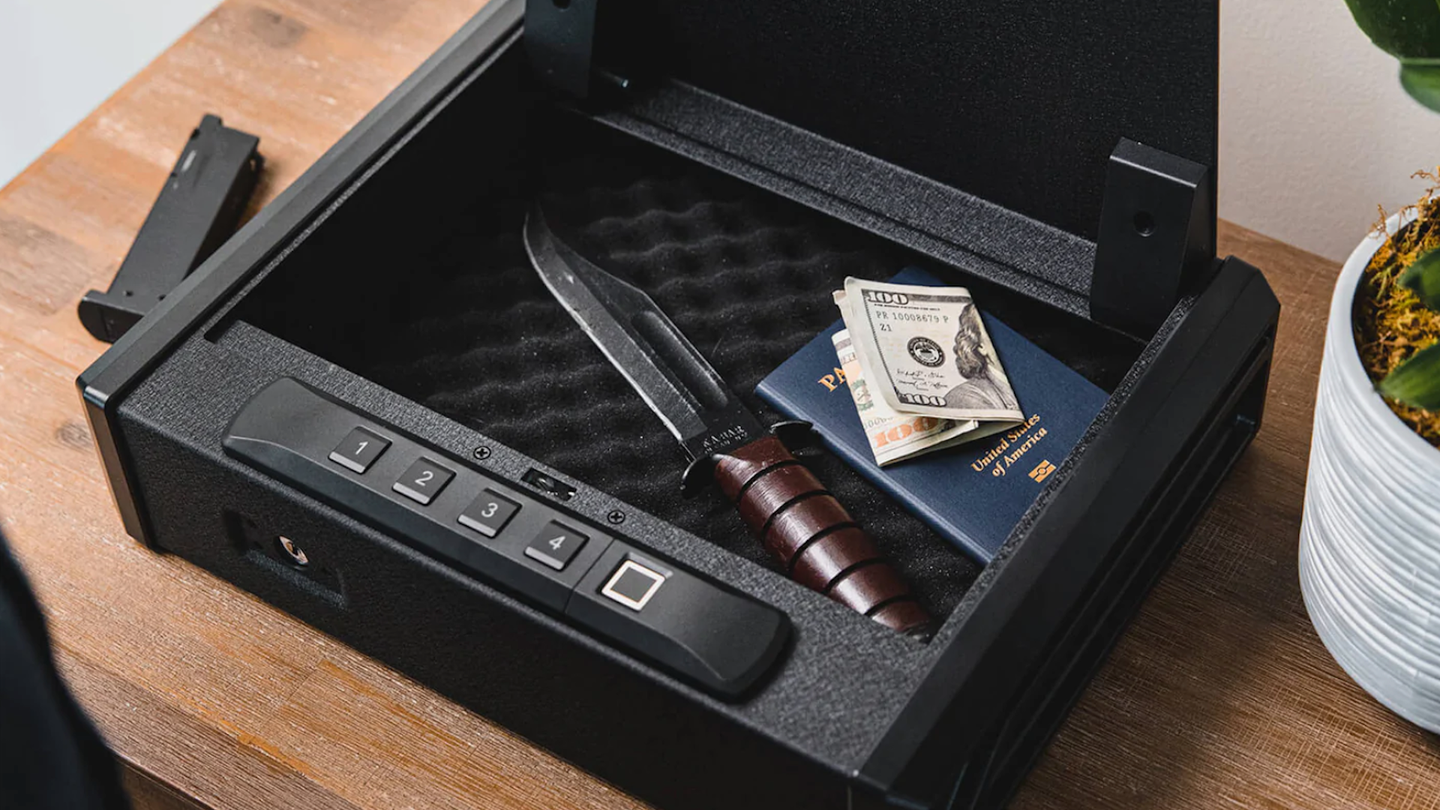Most gun safes are not inherently bulletproof, with protection limits varying by design and material. The vast majority prioritize preventing unauthorized access over withstanding gunfire.
Gun safes serve as a critical line of defense in ensuring firearms remain out of the wrong hands, offering a secure storage solution for gun owners to protect their weapons and prevent accidents. They are built with robust materials, like heavy-gauge steel, and may come with a host of security features, such as biometric locks, combination dials, and electronic keypads.
Many believe that a gun safe’s sturdy appearance implies it can stop bullets; however, this isn’t often the case. The level of bullet resistance in a gun safe primarily hinges on its construction and the thickness of its walls, which are not usually tested against gunfire. While certain high-security safes can offer some degree of bullet resistance, their main purpose remains to deter theft and unauthorized access, rather than act as an impenetrable shield.

Credit: www.alamy.com
The Myth Of Bulletproof Gun Safes
The idea that gun safes offer impenetrable protection against bullets is a common one. Yet, reality tells a different story. Security and safety are crucial for gun owners, and understanding the limits of gun safes is essential. Are gun safes really bulletproof? Let’s delve into the misconceptions and the truths manufacturers present.
Common Misconceptions About Gun Safe Durability
- Gun safes are invulnerable: Many believe that gun safes can withstand any attack, but they have their limits.
- All gun safes are the same: Different safes offer varying levels of protection, some of which may not be as robust as advertised.
- Thicker equals safer: Thickness can be deceptive; material quality and build are equally important.
Marketing Vs. Reality: What Manufacturers Claim
Advertisements may exaggerate the resilience of gun safes.
They use terms like “heavy-duty” and “military-grade” to imply a level of security that might not align with real-world scenarios. It’s key to scrutinize these claims and understand the standards behind them.
Some manufacturers specify the gauge of steel used, but few discuss the actual bulletproof capabilities of their safes rigorously.
Gun Safe Materials And Construction
When it comes to storing firearms, safety is a top priority. As responsible owners, we turn to gun safes as the ultimate safeguard. But are these metal guardians truly impenetrable? Let’s delve into the components that compose these fortresses, dissecting the materials and construction techniques designed to keep your weapons secure.
Examining Standard Gun Safe Materials
The robustness of a gun safe primarily hinges on its materials. Most gun safes boast a steel exterior. The sturdiness of steel is measured in gauge; the lower the gauge, the thicker and more durable the material. Beyond the steel walls, fire-resistant gun safes also feature insulation. This insulation is often a form of gypsum board or ceramic wool. These materials not only resist heat but also add to the safe’s structural integrity.
- Steel Walls: Low-gauge for resilience
- Insulation: Fire-resistant for extra protection
How Gun Safes Are Built: A Peek Into The Process
Understanding how gun safes are constructed sheds light on their strength. The process begins with cutting and shaping heavy steel plates. These plates form the body and door of the safe. Welding comes next; seams are meticulously sealed for maximum security. The door receives special attention, integrating multiple locking bolts. Internally, the safe features compartments and racks, often designed with wood or metal, providing organization and additional rigidity. Each step in this process is crucial for a reliable gun safe.
| Step | Process Detail |
|---|---|
| 1. Cutting Steel | Cut to precise measurements for a snug fit |
| 2. Forming | Steel plates shaped for body and door components |
| 3. Welding | Seams welded for a fortified structure |
| 4. Locking Mechanism | Door fortified with multiple bolts for enhanced security |
| 5. Interior Build | Compartments and racks installed for storage |
Assessing The Bullet Resistance Of Gun Safes
Gun safes are a crucial line of defense for firearm safety. But are they truly bulletproof? Understanding the level of protection offered by your gun safe is vital, especially when it comes to bullet resistance. Safes are designed to secure guns, not necessarily to withstand a hail of bullets. Let’s dive into what makes a gun safe resistant to shots and how to ensure your firearms are truly secure.
Understand Ul Ratings And What They Mean For Gun Safes
The term “bulletproof” can be misleading when discussing gun safes. A more accurate term might be bullet-resistant. Each gun safe has an assigned UL rating that indicates its ability to withstand specific types of threats. UL stands for Underwriters Laboratories, a global safety certification company that rates a range of products including gun safes.
Here’s a quick rundown of the common UL ratings:
- UL 752: Ratings for Bullet-Resistant Equipment
- TL-15 or TL-30: Ratings for tool resistance up to 15 or 30 minutes
Tip: Always scrutinize a safe’s UL rating to gauge its bullet resistance.
Real-world Testing: Gun Safes Under Fire
While laboratory tests provide one level of assessment, real-world testing takes bullet resistance evaluation to new heights. YouTube and other video platforms can offer practical demonstrations of gun safes under fire. Such tests can range from handgun shots to high-caliber rifle rounds. The outcomes are telling. They often reveal that while some safes may hold up against certain calibers, others fail when exposed to more powerful ammunition.
It’s vital to note that:
- Not all safes are equal in their resistance to gunfire.
- The construction materials, thickness, and internal reinforcements all play a role in bullet resistance.
Checking for reviews, videos, and customer testimonials can give an unfiltered look at a safe’s performance under actual conditions.
| Factor | Impact on Bullet Resistance |
|---|---|
| Material Thickness | Thicker safe walls often offer better resistance. |
| Internal Reinforcements | Structural supports can mitigate bullet penetration. |
| Fireboard Layers | Additional layers may slow down bullets. |
The Role Of Gun Safes In Firearm Safety
Gun safes play a crucial part in keeping firearms out of the wrong hands. They serve as the first line of defense for firearm safety. A robust gun safe can protect weapons and ensure peace of mind. Not only do they prevent accidents, but they also discourage theft and tampering.
Protecting Firearms From Unauthorized Access
Gun safes act as a barrier between firearms and those who shouldn’t use them. They are essential in homes with children or visitors. A locked gun safe is a legal requirement in many places. This helps avoid tragic accidents.
- Prevents kids from accessing guns
- Keeps visitors from stumbling upon them
- Mandatory for responsible gun ownership
How A Gun Safe Can Deter Theft And Tampering
Thieves often target firearms for their value and potential use in crimes. A gun safe is a sturdy deterrent. It can prevent guns from falling into the wrong hands. Gun safes often come with features like heavy-duty locks and tamper alarms. These features make stealing or tampering with the contents difficult.
- Thieves give up on hard-to-crack safes
- Alarms alert owners of tampering attempts
- Enables quick action to secure firearms
Enhancing Gun Safe Security
Storing firearms demands utmost responsibility and safety. Keeping guns secure from unauthorized access is crucial.
Upgrading Locks And Barriers For Increased Protection
A sturdy gun safe is your first line of defense. It’s essential to ensure that its locks and barriers are top-notch.
- Thicker steel doors resist drilling better.
- Complex lock mechanisms deter burglars.
- Use high-grade padlocks for added security.
Upgrade locks to biometric or electronic versions for quick access in emergencies.
Incorporating Technology: Can Smart Safes Be More Secure?
Smart safes bring technology to enhance security. They offer features such as:
- Biometric scanners for personalized access.
- Remote monitoring to alert you of break-ins.
- Automatic locking mechanisms that engage under threat.
Combine smart safes with traditional security for best results.

Credit: indianexpress.com
Conclusion: The Verdict On Gun Safes And Bullet Resistance
Embarking on the journey to understand the bullet resistance of gun safes, we delved deep into their design, materials, and practicality. Let’s examine our findings and what they imply for gun owners seeking security.
Balancing Expectations With Reality
Gun safes provide security and peace of mind. Owners often assume these safes are bulletproof. It is vital to recognize the true capabilities of gun safes. Most are not designed to shield against bullets. Instead, their purpose is to prevent access and protect against burglary or fire.
Understanding the limits of your safe is crucial. Certain high-end models offer enhanced protection. These may withstand bullets to an extent. Always assess your needs against the safe’s specifications.
Making An Informed Decision When Purchasing A Gun Safe
- Security Ratings: Check the safe’s security certification. A higher rating often indicates better protection.
- Material Strength: Thicker steel walls may offer more resistance.
- Intended Purpose: Decide what you need protection from—burglary, fire, or bullets.
Always read reviews and compare gun safes. Prioritizing features important to you ensures satisfaction with your purchase. A well-chosen safe secures your firearms effectively, meeting both expectations and reality.

Credit: indianexpress.com
Frequently Asked Questions On Are Gun Safes Bulletproof Exploring The Limits
Can People Break Into Gun Safes?
While gun safes are designed to be secure, they are not impervious to break-ins. Skilled thieves with the right tools and enough time can potentially breach them. Regular security upgrades and maintenance can help mitigate this risk.
Are Gun Safes Actually Fire Proof?
Gun safes are not entirely fireproof, but many models offer varying degrees of fire resistance. Manufacturers rate these safes for specific temperatures and durations.
Will Guns Survive A Fire In A Safe?
Guns may survive a fire inside a safe if the safe is fire-rated and the fire’s temperature and duration don’t exceed the safe’s specifications.
Where Should You Not Put A Gun Safe?
Avoid placing a gun safe in areas prone to moisture, visible to the public, near fire hazards, or in spots where it can easily be removed by thieves. Choose a location that’s discreet, secure, and climate-controlled.
Conclusion
Understanding the capabilities of gun safes is crucial for responsible firearm ownership. While they offer significant protection, it’s clear they’re not impervious to bullets. Selecting the right safe involves balancing security features with practical considerations. Keep these insights in mind to ensure your firearms stay secure and out of the wrong hands.




